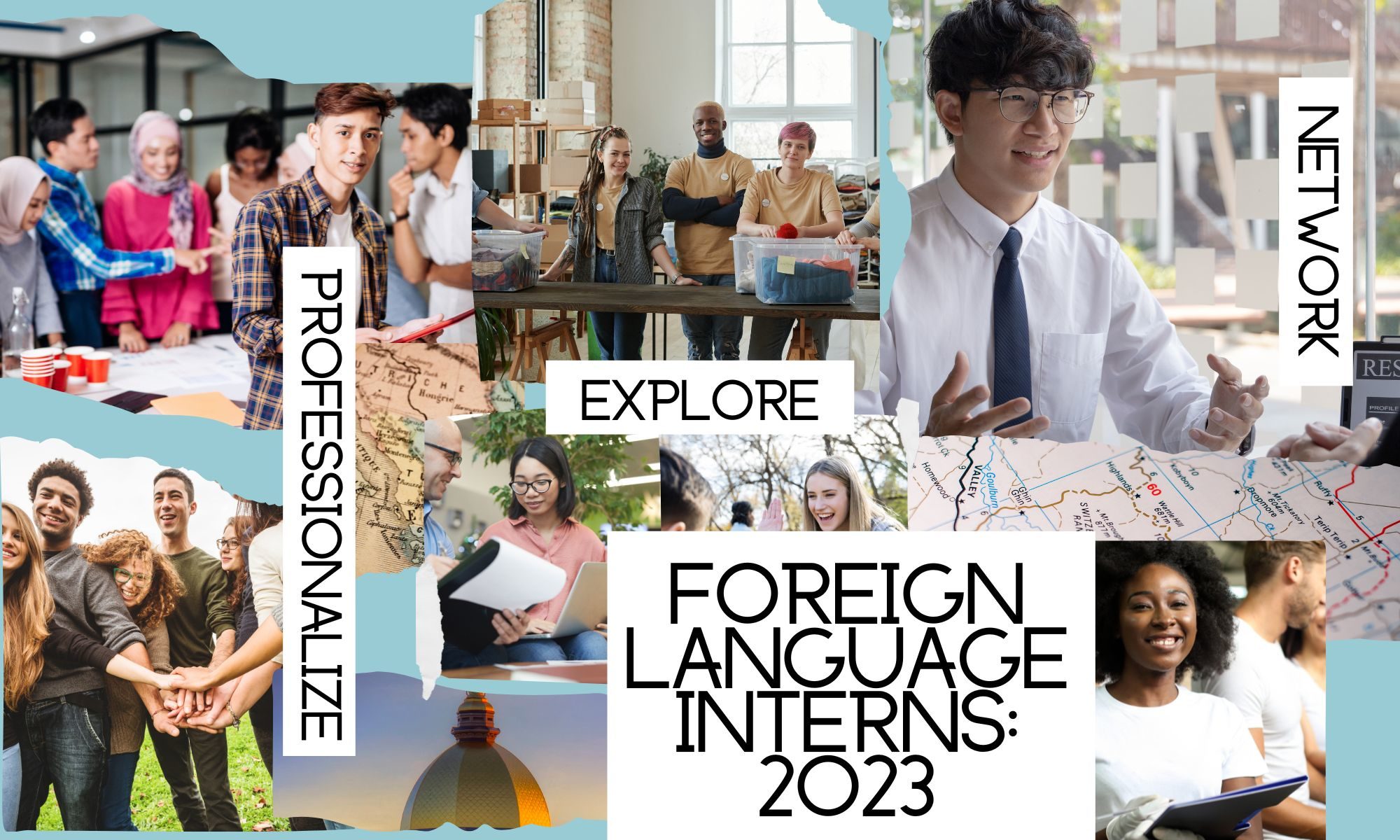¡Buenas! I arrived in the US about two weeks ago and have been catching up with family, getting use to the heat here, and working as a swim instructor. I was super sad to leave my host family, coworkers, internship, and friends all in Costa Rica. But I will never forget the great adventures I’ve had during my time there.
Working in a clinic in another country was full of surprises. I have learnt so much about how medicine works in Costa Rica and how to do different things. What I value most of all is the interactions I was able to witness between the doctor and her patients. It was amazing to see the time and dedication she put in each consult. No matter the degree of the problem, Dra. Gabi would always be there for her patients and make sure that they felt comfortable and cared for.
I think that Dra.’s attitude toward her patients is a quality that goes beyond the medical world though. Through the cultural awareness modules we have been completing with the CSLC, I have come to recognize the importance of patience and care in all interactions.
The program opened my eyes to the fact that immersing oneself in a new environment and culture is no easy feat. When entering this unfamiliar setting, we are immediately displacing ourselves from the known– a fact that is often not credited enough. We are thrown into the cultural deep end and have to teach ourselves to “swim.” This swimming can occur by beginning to understand and appreciate practices and customs, trying our best with the native language, challenging our own beliefs based on what we experience.
Dra. Gabi’s care and dedication are the exact tools we need to stay afloat in this new and exciting deep end. By beginning to invest in opening our worldview, we can challenge our comfort and grow as we experience the new.
I am so grateful for this once in a lifetime opportunity and am so thankful for the CSLC, the PRAXIS Center, the Centro Médico Integral Andalucía, and everyone who supported me on this journey.
Pura Vida


